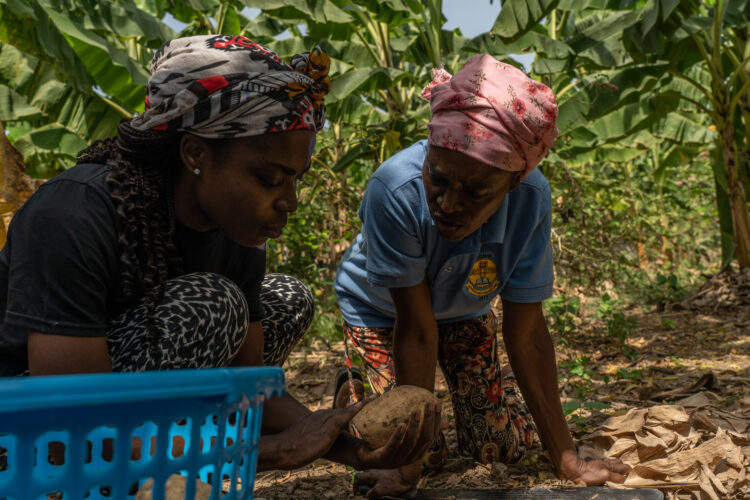The world unites this International Women’s Day 2024 under the theme Invest in Women: Accelerate Progress. As the United Nations emphasizes, investing in women is not just the right thing to do. It is essential for solving some of the world’s most pressing challenges. Across Africa, women are leading the charge in various sectors, from agriculture and business to climate action and social justice. Yet, they continue to face significant barriers, hindering their full potential and Africa’s overall progress.
If current trends continue, more than 342 million women and girls could be living in extreme poverty by 2030. To ensure women’s needs and priorities are considered, governments must prioritize gender-responsive financing and increase public spending on essential services and social protection.
Policymakers must also value, recognize, and account for women’s vital contribution to economies worldwide through paid and unpaid care work. Women spend around three times more time on unpaid care work than men, and if these activities were assigned a monetary value, they would account for more than 40 per cent of GDP.
Why Invest in Women?
The world faces numerous challenges, from conflicts to poverty and climate change. Investing in women is not just about morality but a strategic necessity. Here’s why:
- Food security: Empowering women farmers through access to resources and training can increase agricultural productivity, leading to greater food security.
- Economic Growth: Studies show that closing gender gaps in agriculture can significantly boost GDP and create new opportunities for rural communities.
- Poverty Reduction: Investing in women is vital to breaking the poverty cycle. This will ensure that the current trend, which says over 342 million women and girls in Africa could be living in extreme poverty by 2030, will be averted.
- Climate resilience: Women farmers are often at the forefront of adapting to climate change. Investing in their knowledge and skills can help build more resilient agricultural practices.
- Sustainable Development: Gender equality is central to achieving all Sustainable Development Goals (SDGs). Women are vital in building a more just, peaceful, and prosperous future for all.
Investing in women and championing gender equality turbocharges a future where everyone in society can thrive, creating a world of boundless opportunity and empowerment for all.
YenKasa Africa champions women in agriculture
- Training and Technological Innovation: YenKasa Africa offers women digital tools and training, harnessing their experiences to drive innovation and efficiency in agriculture. Additionally, women farmers benefit from ongoing guidance, support, and the exchange of best practices, fostering a robust community of empowered agricultural entrepreneurs.
- Climate-Smart Agriculture: Introducing women farmers to climate-resilient practices ensures their resilience in environmental challenges, safeguarding livelihoods and fostering sustainability.
- Financial Inclusion: Through collaborative efforts with the Forest and Farm Facility program, YenKasa Africa facilitates access to financial resources, empowering women to build resilience and seize opportunities in agribusiness.
By investing in women, we invest in a brighter future for Africa and the world. Let us all take action on this International Women’s Day and beyond to accelerate progress towards a more just and equitable world for all.
To learn more about YenKasa Africa’s initiatives and stories of women empowerment, explore our website’s articles, stories, and publications via the links below;
Featured
Articles and stories
- From foliage to fortune: The empowerment of women in Zondoma through non-timber forest products (NTFPs)
- Women can do it, too!” Young women in trades supported on the first quiz day
- Improving Ghanaian women farmers’ access to agricultural advisory services
- Seeds of change: The Regional College of Women of ROPPA plants the seeds of an agricultural future in Tunis
- Building a commitment to ease the burden of unpaid care for women across sub-Saharan Africa
- Inspiring encounter in Liberia: When the board members discover women’s ingenuity in market gardening
- Access to water opens new possibilities for women in northern Ghana
- Radio Kénédougou: Spotlighting women’s reproductive rights and gender relations
Learning Opportunities
- Elearning opportunity: Women and youth empowerment in agriculture in Africa in the context of AfCFTA
Radio
- Tips for engaging women in your radio program
- Ghana’s local language radio productions
- Liberia’s local language radio productions
- Togo’s local language radio productions
- Kenya’s English radio production
Previous special feature article: International Women’s Day, 8 March 2023: women, communication, ICT, agriculture.

